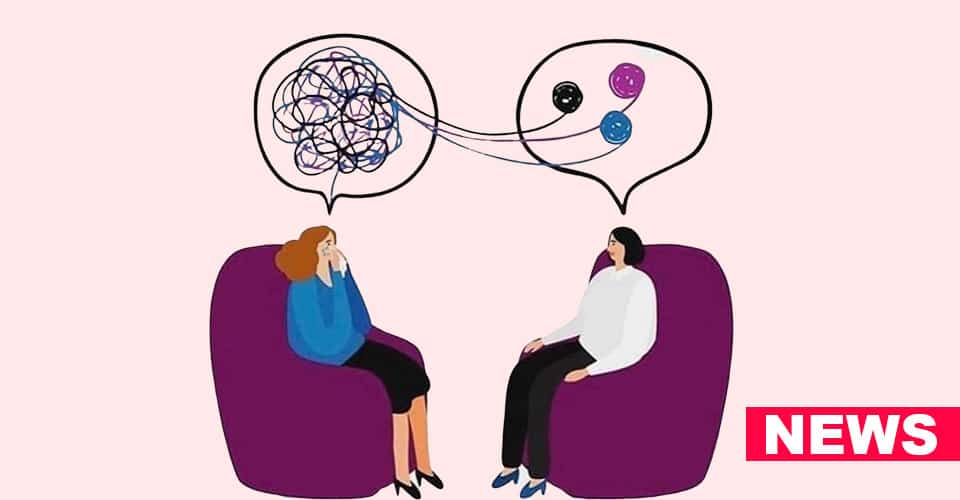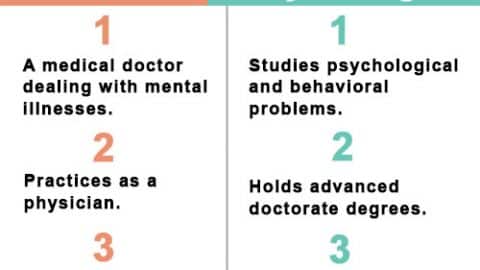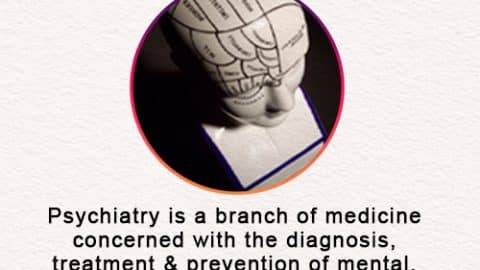In an era marked by remarkable advancements in technology, the landscape of mental healthcare is undergoing a transformative shift. Recognizing the pivotal role that digital mental health technology plays in this transformation, a symposium convened to shine a spotlight on the latest developments in the field of digital mental health technology.
The symposium, a gathering of experts, researchers, and industry leaders, aimed to explore the vast potential of digital solutions in addressing mental health challenges and providing accessible, effective care to individuals across the globe.
From mobile apps to teletherapy platforms and wearable devices, the symposium delved into the diverse array of digital tools that are reshaping the mental health landscape.
The Power Of Digital Mental Health Technology
One of the key themes that emerged from the symposium was the power of digital technology in overcoming barriers to mental healthcare.
Geographic distance, long wait times, and the stigma associated with seeking help have traditionally deterred many individuals from accessing mental health services.
However, digital platforms are breaking down these barriers, making it easier for people to connect with mental health professionals and access evidence-based interventions.
Teletherapy, in particular, was highlighted as a game-changer. This remote form of therapy allows individuals to engage in counseling sessions from the comfort of their homes, eliminating the need for travel and reducing the associated costs.
It has proven especially valuable during the COVID-19 pandemic when in-person appointments were limited. Experts at the symposium stressed that teletherapy is not just a temporary solution but a vital component of the future of mental healthcare.
Furthermore, the symposium delved into the role of mobile applications in promoting mental well-being. With the ubiquity of smartphones, mental health apps have the potential to reach a wide audience.
These apps offer a range of features, from mood tracking and mindfulness exercises to access to crisis helplines. Attendees discussed the importance of ensuring that such apps are evidence-based, user-friendly, and inclusive to serve the diverse needs of individuals seeking support.
Wearable devices also garnered attention at the symposium. These devices, including smartwatches and fitness trackers, are increasingly equipped with sensors that can monitor vital signs and even detect changes in mood and behavior.
Such data can be invaluable for early intervention and personalized mental health care.
The symposium participants emphasized the importance of collaboration between technology developers, mental health professionals, and regulatory bodies. Ensuring that digital mental health tools are safe, effective, and adhere to ethical standards is paramount.
Attendees discussed the need for rigorous research and clinical validation to build trust in these technologies.
Data privacy and security were identified as key concerns. As digital mental health tools collect sensitive information, safeguarding this data is critical.
The symposium explored the role of regulations and standards in protecting user privacy while enabling the continued development of innovative solutions.
Cultural considerations in the context of digital mental health also emerged as a crucial topic. Mental health is influenced by cultural norms, values, and beliefs, and digital tools must be sensitive to these cultural nuances.
Ensuring that digital mental health solutions are culturally competent and accessible to diverse populations is essential to their success.
In addition to addressing the needs of individuals seeking mental health support, the symposium also examined the potential of digital technology in early intervention and prevention.
By leveraging data analytics and machine learning, researchers and developers can identify individuals at risk of developing mental health conditions and offer timely interventions.
The symposium served as a platform for sharing success stories and best practices in the field of digital mental health technology. It showcased how these innovations have made mental healthcare more accessible, efficient, and responsive to individual needs.
Attendees expressed optimism about the continued growth and impact of digital solutions in improving mental well-being.
In conclusion, the symposium on digital mental health technology provided a comprehensive overview of the transformative potential of these innovations.
From teletherapy and mobile apps to wearable devices and data analytics, digital solutions are reshaping the mental health landscape.
As the field continues to evolve, collaboration, research, and a commitment to privacy and cultural competence will be essential to ensuring that digital mental health technology delivers on its promise of accessible, effective, and personalized care for all.















